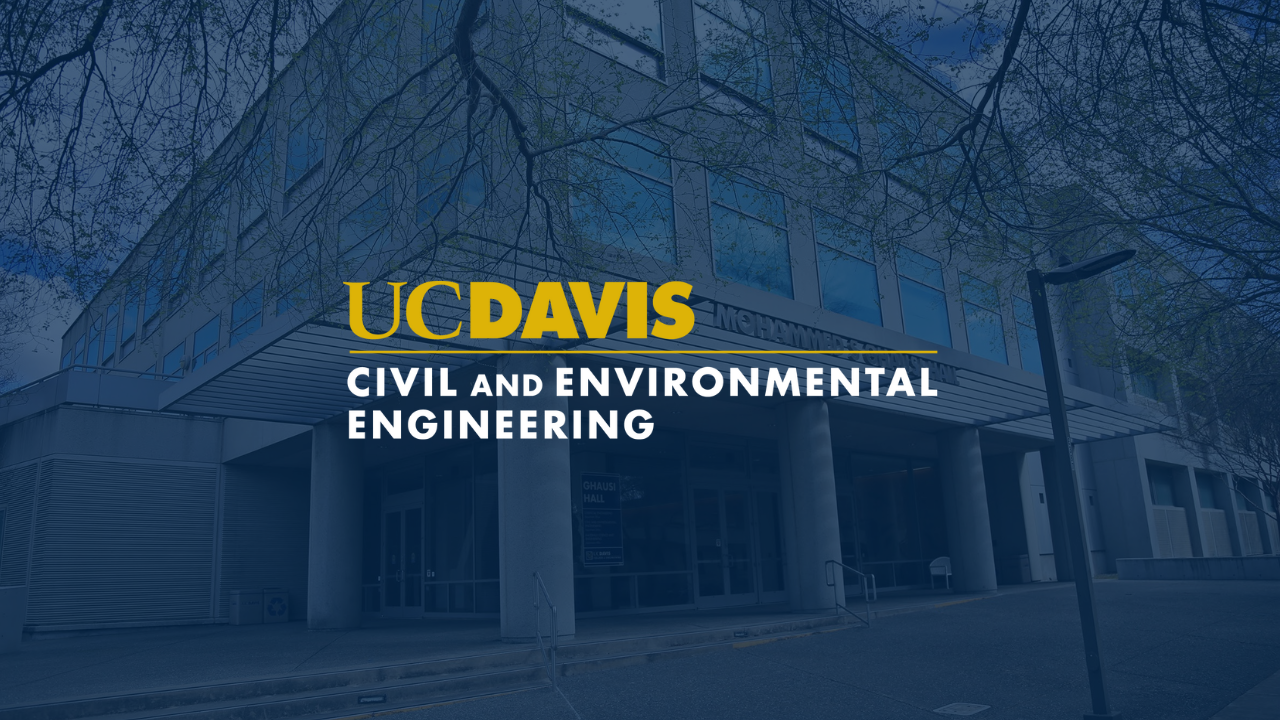
Event Date
Abstract:
Owners and regulators currently rely on subjective and qualitative procedures to make risk-informed decisions regarding their infrastructure. Having a tool that can quantitatively assess the seismic risk of infrastructure would allow the utilities to better understand the performance and risk of their systems given an earthquake, identify components that are most vulnerable, and make decisions to prioritize and mitigate those components. As part of a multi-year study funded by the California Energy Commission (CEC), several research and industrial entities partnered to develop an opensource seismic risk assessment program called OpenSRA that implements a performance-based framework to perform risk studies efficiently for the utilities. The CEC has provided two rounds of funding at the time of this presentation. The first round of funding (2020-2023) focused on: 1) identifying existing knowledge gaps in the evaluation of performance of natural gas infrastructure, (2) performing laboratory testing and finite element modeling to develop new seismic demand and fragility models, and (3) developing an open-source software that uses these models for the utilities. The current round of funding (2024-2027) focuses on the integration of state-of-the-art remote and embedded sensing technologies to improve risk predictions in OpenSRA. Large-scale split-basin experiments and high-fidelity finite element analyses will be performed to generate datasets used to improve the fragility models developed under the previous funding. This seminar presentation aims to provide an overview of the project scope, key technical developments, and the pathways by which OpenSRA aims to transform risk-informed design and resilience planning for lifeline systems.
